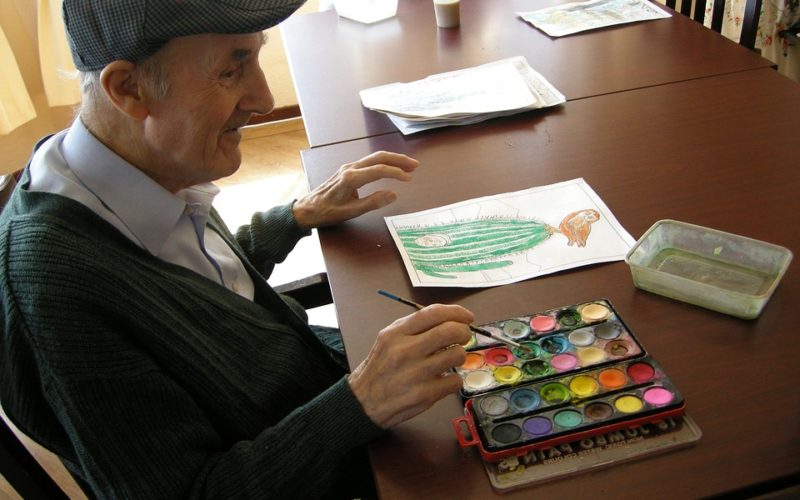Marriage in later life can often be a complex and challenging experience. For those who have endured a divorce, or simply never found themselves ready to marry before, the thought of starting over in their 50s or 60s may seem overwhelming. Despite these common concerns, there are many tangible benefits to marriage later in life - from companionship to financial security - which makes it worth considering for those looking for an opportunity to find love again at this stage of their lives. In this blog post we'll explore some of the pros and cons of getting married when entering into one's golden years, alongside practical advice on how best to take that leap into marital bliss!
The benefits of getting married at a later age
In today's society, there is a growing trend of people getting married at a later age. While this may seem unconventional, it has its own set of benefits. First and foremost, getting married at a later age means that both partners have had time to establish themselves in their careers and build a solid financial foundation. This could lead to a more stable and secure marriage. Additionally, individuals who marry later in life have a better understanding of who they are and what they want in a partner, which could lead to a more successful and fulfilling marriage. Overall, while there may be societal pressure to get married earlier in life, waiting until later can provide a host of benefits that should not be overlooked.
Discuss the challenges
Marriage in later life can present unique challenges that are not encountered by younger couples. Often, these couples are coming together after living independently for many years, which can lead to clashes when it comes to personal habits and routines. Health issues may also arise, requiring one partner to become a caregiver. Financial concerns can also be a source of stress, especially if one or both partners are retired, so cutting back on a wedding photographer Birmingham or a bridal makeup artist Manchester maybe required. Adjustment to retirement can also be a difficult transition, as it often leads to a significant change in daily routine and lifestyle. While these challenges may seem daunting, many couples who navigate them successfully find greater happiness and companionship in their later years.
Explore financial stability
Marriage is a decision that is influenced by many factors, with two important ones being financial stability and age. Financial stability plays a major role in ensuring a long-lasting and successful marriage. It provides a sense of security and comfort that allows couples to focus on building a strong relationship, rather than worrying about money. Additionally, age can also impact marriage decisions. While some people choose to tie the knot at a young age, others prefer to wait until they are older and more established in their careers. This gives them the ability to save more money thus letting them look for the best photographers Birmingham, caters and venues. Ultimately, the timing of marriage is a personal decision that should be based on a variety of factors, not just financial stability and age.
Investigate how to find the right partner at an older age
As we get older, the search for a partner can become more challenging. However, contrary to popular belief, finding the right companion at an older age is not impossible. The key is to be patient, open-minded and to focus on shared values rather than fleeting attractions. Take time to identify your own values and priorities, and be mindful of red flags that may indicate a potential partner is not the right fit for you. Don't be afraid to explore different avenues, including social clubs or online dating platforms, but also remember to stay safe and trust your intuition. With a positive attitude and a willingness to put yourself out there, finding the right partner at an older age is certainly achievable.
Consider past relationships
Past relationships can be difficult to reflect on, especially if they didn't end well. But taking the time to assess what we learned from these experiences can be valuable in our personal growth. Perhaps a former partner taught you about the importance of communication, or maybe they introduced you to a new hobby or interest that you still enjoy today. Despite any hurt or heartbreak, these positive takeaways can serve as reminders that even the toughest relationships can hold valuable lessons. It's important to carry these lessons with us as we move forward in life and new relationships.





